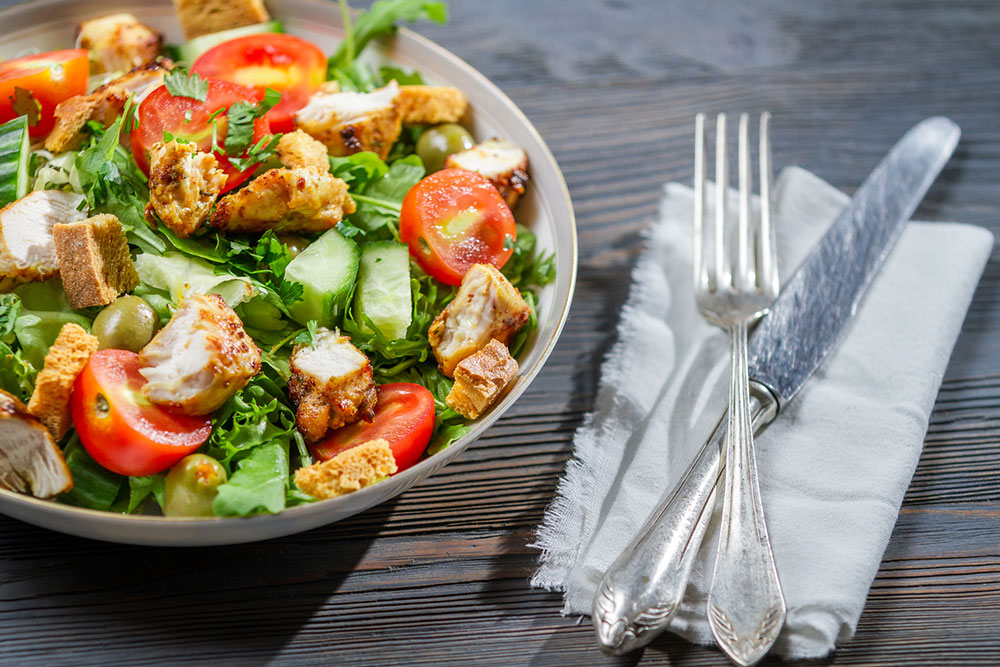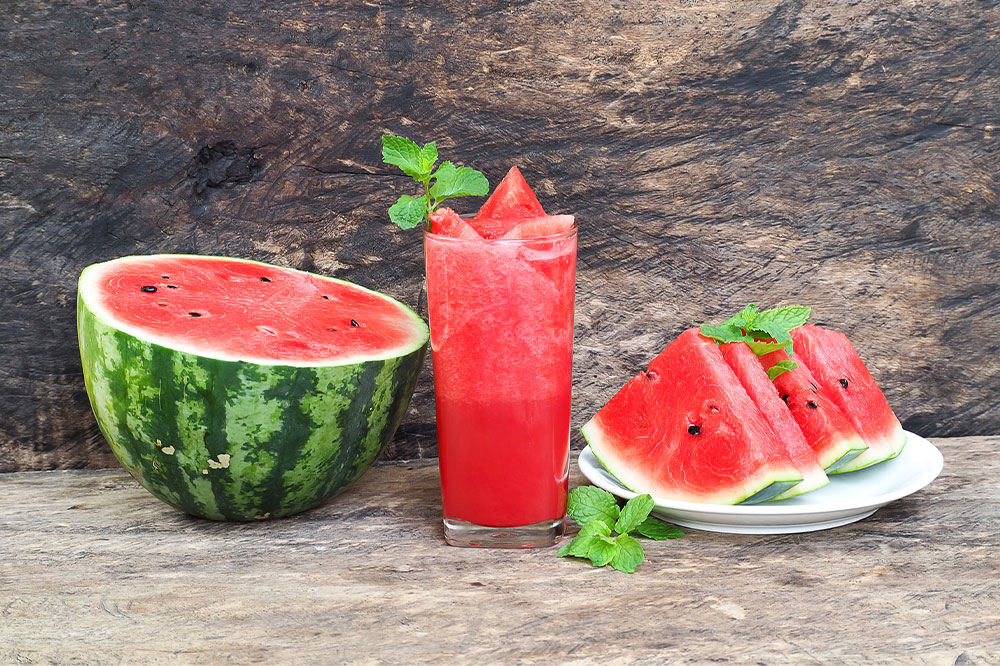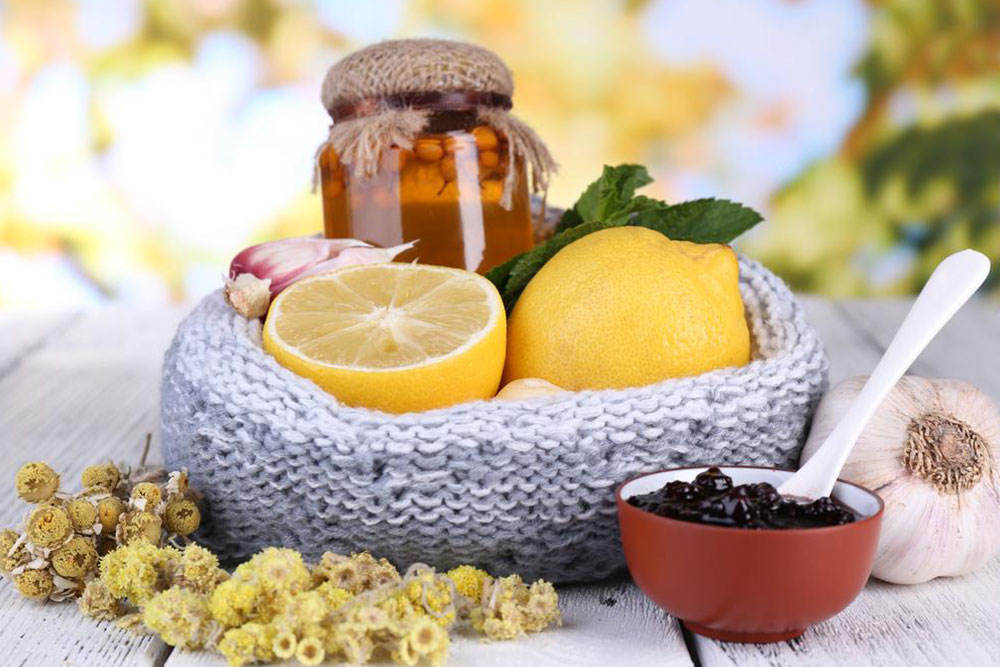Essential Nutrients to Enhance Lymphoma Recovery and Boost Immunity
Discover essential nutrients and foods that can support lymphoma recovery, strengthen immunity, and improve overall health. This comprehensive guide highlights the importance of vegetables, lean proteins, whole grains, and natural herbs for those undergoing lymphoma treatment, emphasizing practical dietary tips for better healing and resilience.

Essential Nutrients to Enhance Lymphoma Recovery and Boost Immunity
Lymphoma, a complex form of cancer that begins within the lymphatic system, poses significant challenges to overall health and immune function. This disease primarily affects lymphocytes, which are critical immune cells responsible for defending the body against infections and diseases. When these cells grow abnormally, they cause tumors and disrupt the normal functioning of the lymphatic system. Lymphoma is generally classified into two main types: Hodgkin’s lymphoma and Non-Hodgkin’s lymphoma, each with distinct characteristics and treatment protocols.
While medical treatments such as chemotherapy, radiation therapy, targeted therapy, and immunotherapy are vital in controlling or eliminating lymphoma, an often-overlooked aspect of recovery is proper nutrition. A well-balanced, nutrient-dense diet can significantly support the immune system, improve energy levels, and foster overall well-being during and after treatment. The role of diet becomes especially critical considering that lymphoma and its treatments can weaken the body's natural defenses, leading to increased vulnerability to infections and other complications.
In this comprehensive guide, we will explore the top nutrients and foods that can support lymphoma recovery, enhance immune function, and promote a faster, more robust healing process. Incorporating these superfoods into your daily diet can make a considerable difference in managing symptoms, reducing side effects, and improving quality of life during your cancer journey.
Broccoli and Cruciferous Vegetables
Broccoli, along with other cruciferous vegetables like cabbage, cauliflower, kale, Brussels sprouts, and arugula, are renowned for their immune-boosting properties. These vegetables belong to the Brassicaceae family and contain phytochemicals such as sulforaphane, which has demonstrated anti-cancer effects. Regular consumption of 5 to 10 servings of these vegetables daily provides a rich source of vitamins, minerals, and antioxidants that bolster the body's defenses against cancer progression, including lymphoma.
Including a variety of cruciferous vegetables in your diet supports detoxification pathways and helps neutralize carcinogens, thereby potentially reducing the risk of cancer recurrence. They can be enjoyed raw, steamed, roasted, or added to salads and soups, making them versatile and easy to incorporate into daily meals.
Poultry: The Lean Protein Powerhouse
Lean meats such as chicken and turkey serve as excellent sources of high-quality protein, which is essential for tissue repair, immune function, and maintaining energy during lymphoma treatment. Adequate protein intake helps replenish lost tissues and strengthens the immune response. It's advisable to limit red meat consumption, as excessive intake has been associated with increased cancer risks. Lean poultry provides a healthier alternative with fewer saturated fats and side effects, making it a vital component of a cancer-supportive diet.
Grilled, baked, or steamed poultry can be easily included in meals, ensuring adequate protein intake to support recovery and overall health maintenance during and post-treatment phases.
Quinoa: A Nutritious, Energy-Rich Grain
During cancer therapy, maintaining steady energy levels is crucial, and this is where carbohydrate-rich foods play a vital role. Quinoa emerges as an ideal grain due to its impressive nutritional profile. It is a complete protein, providing all nine essential amino acids, and contains about 23% carbohydrates complemented by dietary fiber and healthy fats. Quinoa is also gluten-free, making it suitable for individuals with gluten sensitivities or celiac disease.
Replacing refined grains or starchy staples like rice, bread, or potatoes with quinoa can bolster energy reserves and improve digestion. Its versatility allows it to be used in salads, side dishes, or even breakfast bowls, making it an excellent addition to a lymphoma-friendly diet.
Citrus Fruits and Antioxidant-Rich Foods
Fruits such as oranges, grapefruits, lemons, limes, berries, kiwi, and pineapple are nutrient-dense powerhouses packed with vitamin C and antioxidants. Vitamin C is crucial for immune system support, collagen synthesis, and cellular repair. The antioxidants present in these fruits help neutralize free radicals, reduce oxidative stress, and may have anti-cancer properties, offering additional protection against lymphoma progression.
Regular consumption of citrus fruits and berries not only enhances immune resilience but also contributes to hydration and overall well-being. Incorporate these fruits into your diet as snacks, smoothies, or fresh additions to meals for enhanced health benefits.
Ginger and Peppermint: Natural Symptom Relievers
Chemotherapy, while effective at targeting cancer cells, often comes with undesirable side effects such as nausea, vomiting, and gastrointestinal discomfort. Natural remedies like ginger and peppermint can alleviate these symptoms. Ginger, in particular, has been extensively studied for its anti-nausea properties and can be consumed fresh, as a tea, or added to dishes. It’s advisable to choose natural, pure ginger without additives to ensure safety and efficacy.
Peppermint tea or raw peppermint leaves can also soothe the digestive tract, reduce nausea, and improve overall comfort during treatment. Including these natural herbs in your diet offers a gentle, non-invasive way to manage side effects and enhance quality of life.
The Importance of a Nutrient-Dense, Hydrating Diet
Maintaining a balanced diet rich in vitamins, minerals, antioxidants, and anti-inflammatory foods is crucial for lymphoma patients. Proper hydration is equally important; drinking plenty of water and herbal teas helps flush out toxins, prevent dehydration, and support bodily functions. Prioritizing nutrient-dense foods over processed options ensures your body receives the necessary building blocks for recovery, immune health, and healing.
In summary, adopting a diet that emphasizes fruits, vegetables, lean proteins, whole grains, and natural herbs can significantly impact lymphoma management. While medical treatment remains paramount, supporting your body's resilience through nutrition is a vital complementary strategy that can improve outcomes and quality of life.





